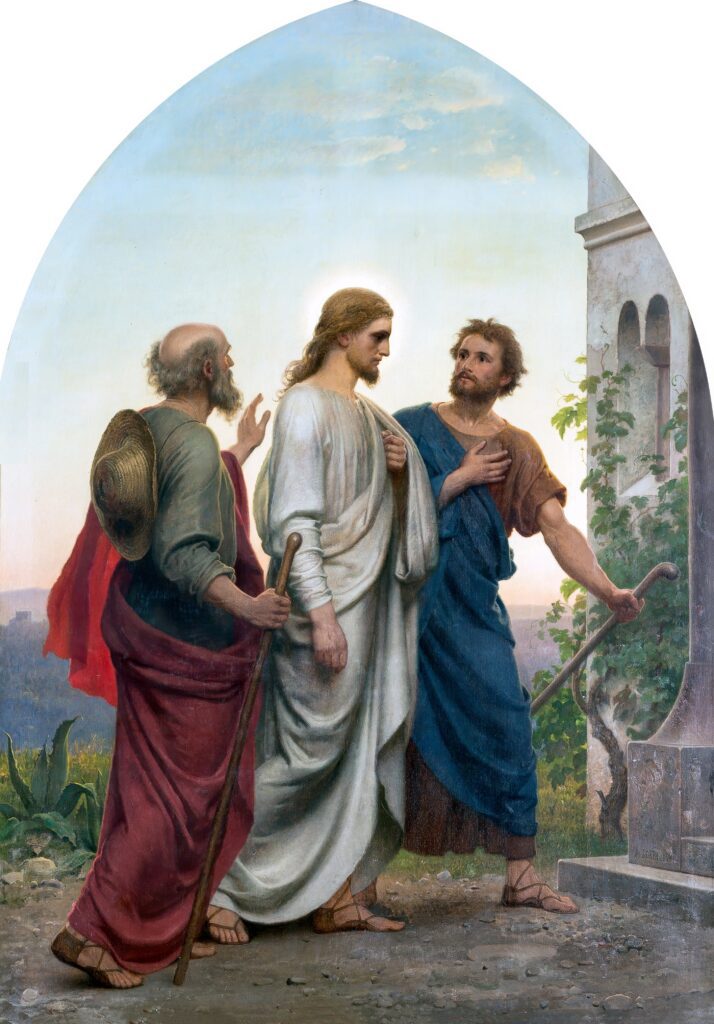
As I was reading today’s readings, I was struck by the frequency of the word “Lord.” In the first reading, the Jews sing a song about God’s fidelity in keeping them in peace. They trust in the Lord, and He keeps them safe: “Trust in the Lord forever! For the Lord is an eternal Rock. He humbles those in high places, and the lofty city he brings down” (Isa 26:4–5). The psalm focuses on giving thanks to the Lord and taking refuge in Him, recognizing that He has opened His gates to the just, bringing salvation, prosperity, and light to the faithful. In the Gospel, Jesus emphasizes the security of those who hear the words of the Lord and act on them, not simply saying, “Lord, Lord.”
In the first reading, it is the Lord who does everything: He keeps the people in peace, He humbles those in high places, He brings down the lofty city, and He opens the gates to let in a just nation. In the psalm, the speaker takes refuge in the Lord rather than any other authority, and recognizes that it is God alone who saves, gives prosperity, and provides light. The speaker cannot even attribute the “gates of justice” to man: “This gate is the Lord’s” (Ps 118:20).
The common thread here, besides the word “Lord,” is the exalted status of God. Of course we should put God first. But the sacred authors, instructed by Revelation, recognize that this means that we ought to follow Him without reservation, attributing the efficacy of all our endeavors to His grace. The Lord is the one doing all of the work, and we follow by trusting in Him and relying on Him. Jesus carries this theme to its conclusion, pointing out that if we rely solely on our own intelligence, we will have a shaky foundation. If we rely on God’s word, we will have a firm foundation.
To have a firm foundation, prosperity, light, salvation, and all the rest, we have to put our trust in the Lord and follow Him. This means that we should both hear and do His word, even when it is difficult for us. This is not self-annihilation, even though the path to discipleship begins with a great deal of self-denial. Jesus contrasts the man who built his house based on his own intelligence with the man who built his house using God’s word as the foundation, but in the end our own desires should come into conformity with God’s will. St. Augustine’s famous line “Love God and do what you will” expresses this union. The one who loves God completely, trusting in Him and following Him in all circumstances, will soon find that his only desire is to do what God thinks is best. If we focus on God first, recognizing that He is to thank for everything, and remain in a state of grace, we can trust that our desires will be aligned with His.
Daily Reading
Fourth Sunday of Advent
Reading I Mi 5:1-4a Thus says the LORD: You, Bethlehem-Ephrathah too small to be among the clans of Judah, from you shall come forth for…
Saint of the Day
Blessed Jacopone da Todi
Jacopone da Todi, “Crazy Jim,” transformed from a worldly man to a devoted Franciscan, known for “Stabat Mater” hymn and spiritual courage.
The post Blessed Jacopone da Todi appeared first on uCatholic.



